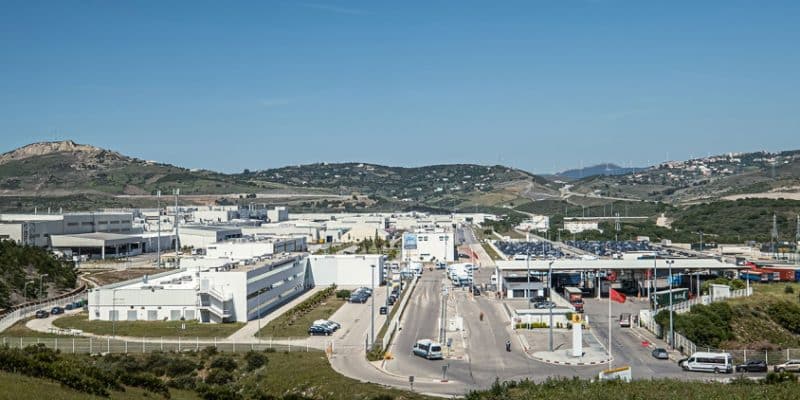In Morocco, the French car manufacturer Renault has renewed the contract with Suez for waste management at its two plants. Suez Morocco has been recovering the industrial waste of the Renault group since 2008.
Renault is extending its partnership with Suez in Morocco. The Moroccan subsidiary of the French environmental giant has seen its contract extended for the management of industrial waste at two sites. In Tangiers, the French car manufacturer Renault produces several models of its commercial vehicles, notably the Renault Express, the Dokker and the Dacia Lodgy. The factory located in the Melloussa free zone should also start producing electric vehicles in October 2023.
In Casablanca, Renault runs the factory of the Moroccan car manufacturing company (SOMACA) which it bought in 2003. This plant produces Dacia’s Logan, Sandero and Sandero Stepway models. With a combined capacity of 440,000 vehicles per year, the two sites produce an average of 20,400 tonnes of waste over the same period. Over the next three years, Suez Morocco will be responsible for the treatment of this waste.
Towards environmental certification?
The Casablanca-based company will provide Renault with the human and material resources to manage its waste, through collection, sorting, compacting, capping, packaging, storage and all treatment and recovery operations. “This new contract marks the success of the partnership that has linked the two companies in Morocco for 14 years. Together, the two groups will contribute to the further development of the circular economy in the country, in line with the objectives of Morocco’s industrial acceleration plan for the period 2021-2023,” says the Moroccan subsidiary of the Suez group.
Read also- EGYPT: Suez launches a sewage sludge recovery unit in East Alexandria
The renewed contract also includes the management of the wastewater treatment plant that handles the wastewater discharged by the Somaca plant. The contract also includes complete digital management of the service as well as ISO 14001 certification of the Renault site in Casablanca and Tangiers.
For the record, the ISO 14001 standard defines a series of requirements that a company’s environmental management system must meet in order to be certified (by an external body, editor’s note) and for a limited period. These principles are in line with Renault’s ambitions to reduce “the costs and carbon footprint of its business, while improving waste recovery and performance”.
Jean Marie Takouleu






